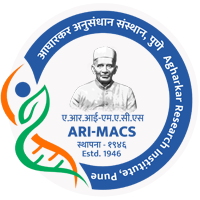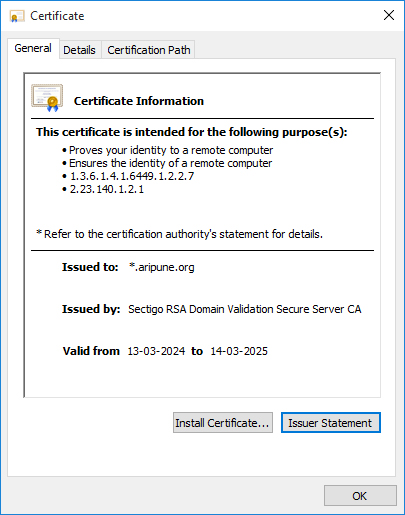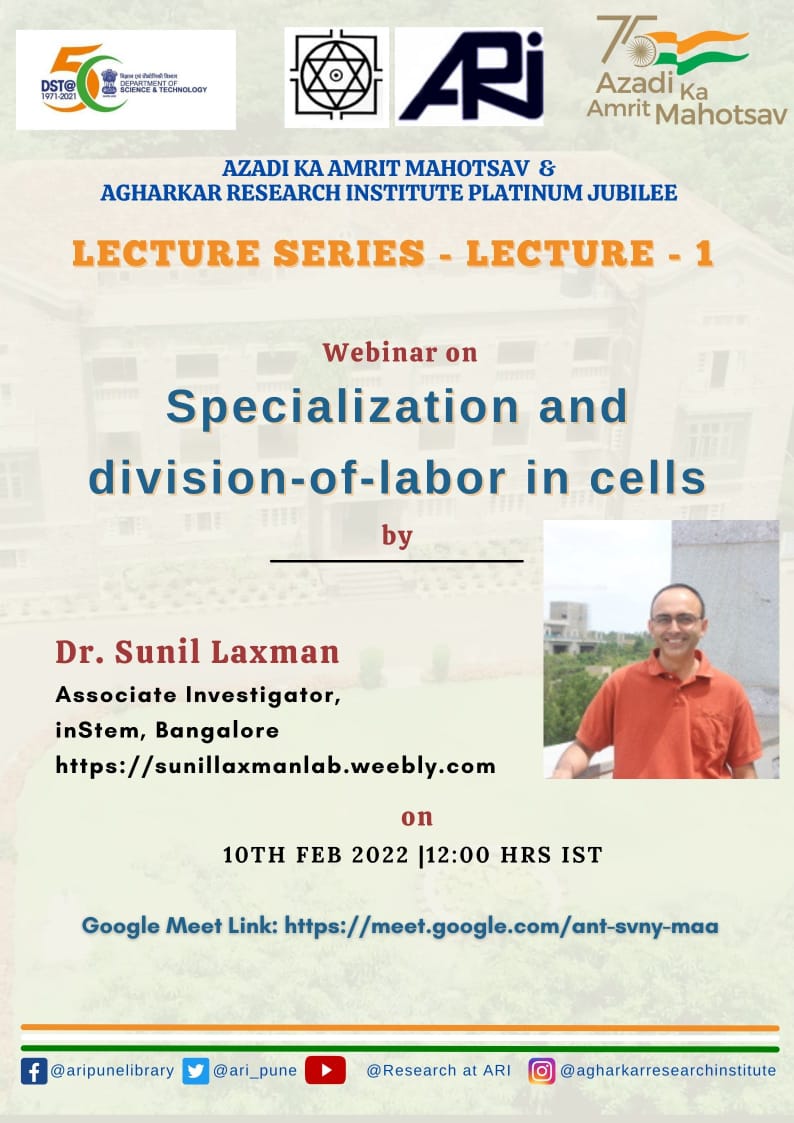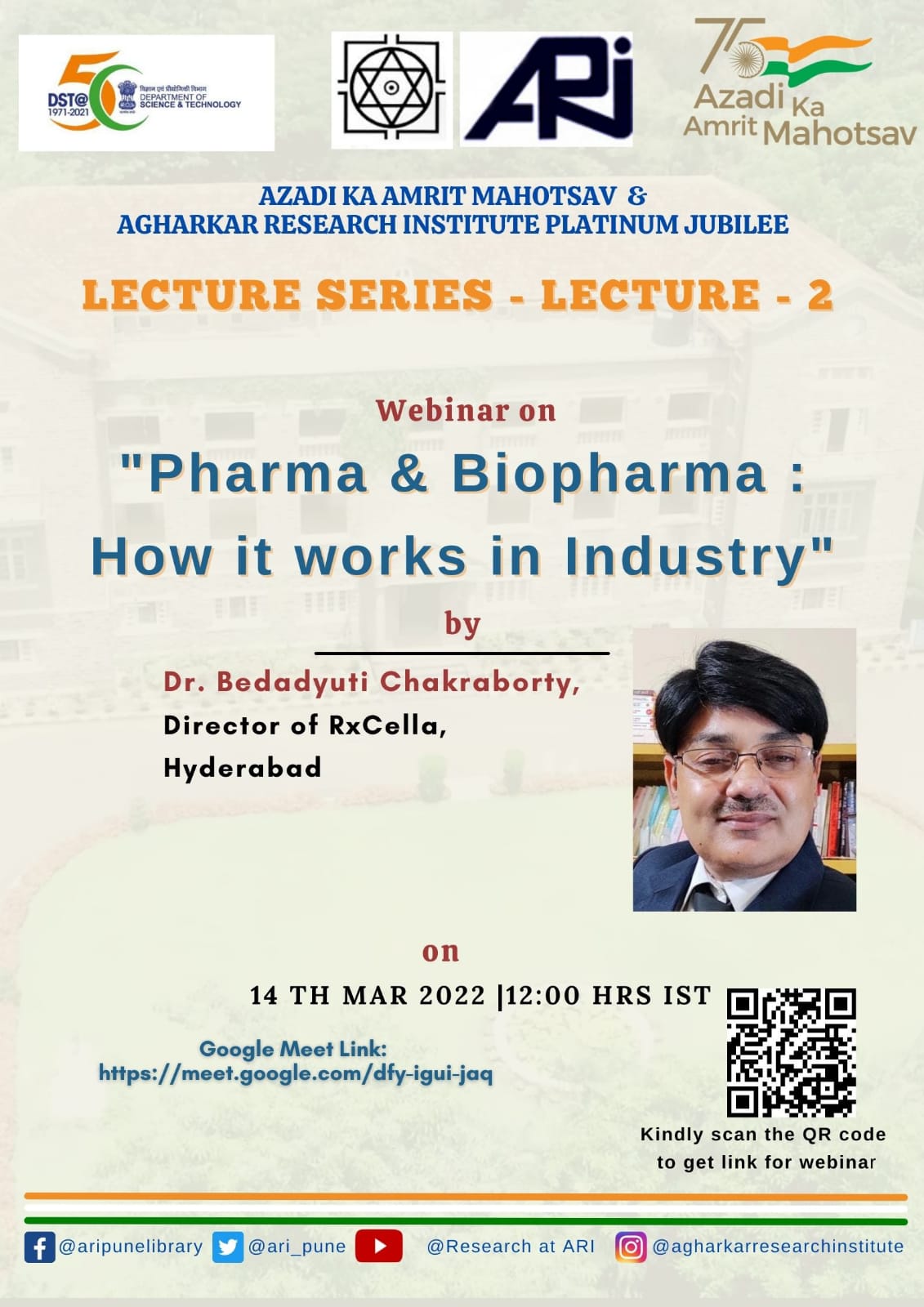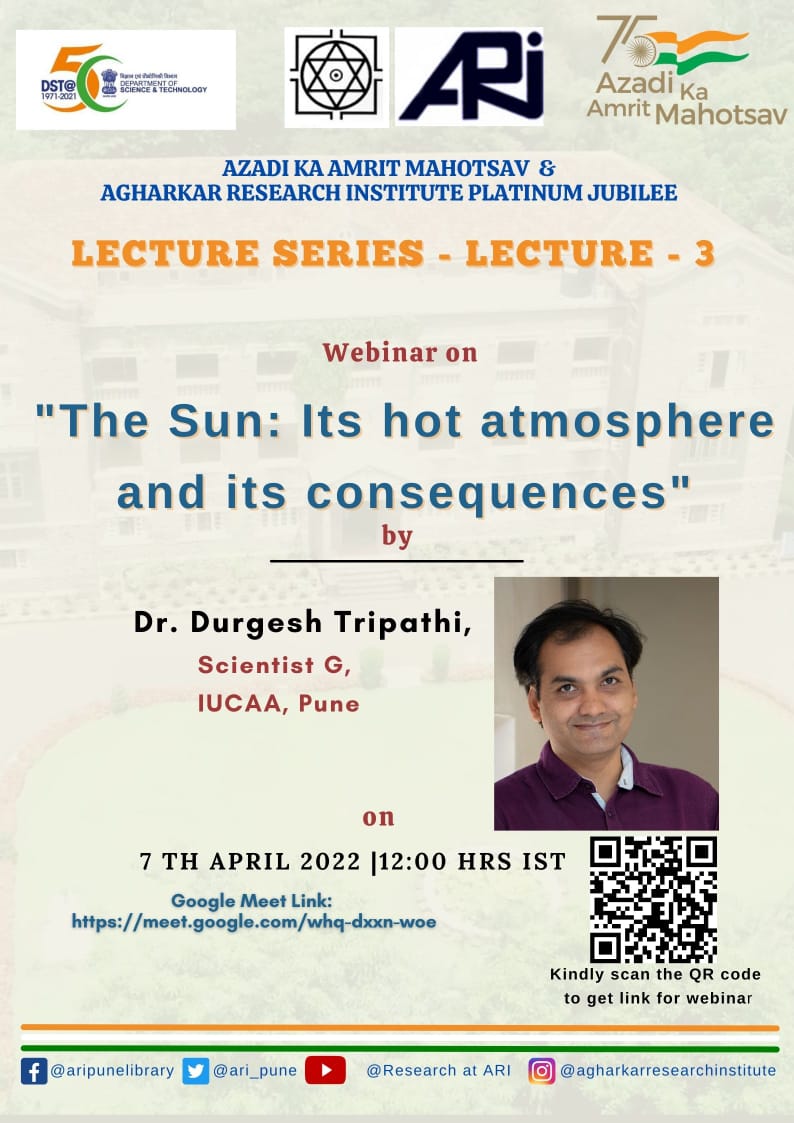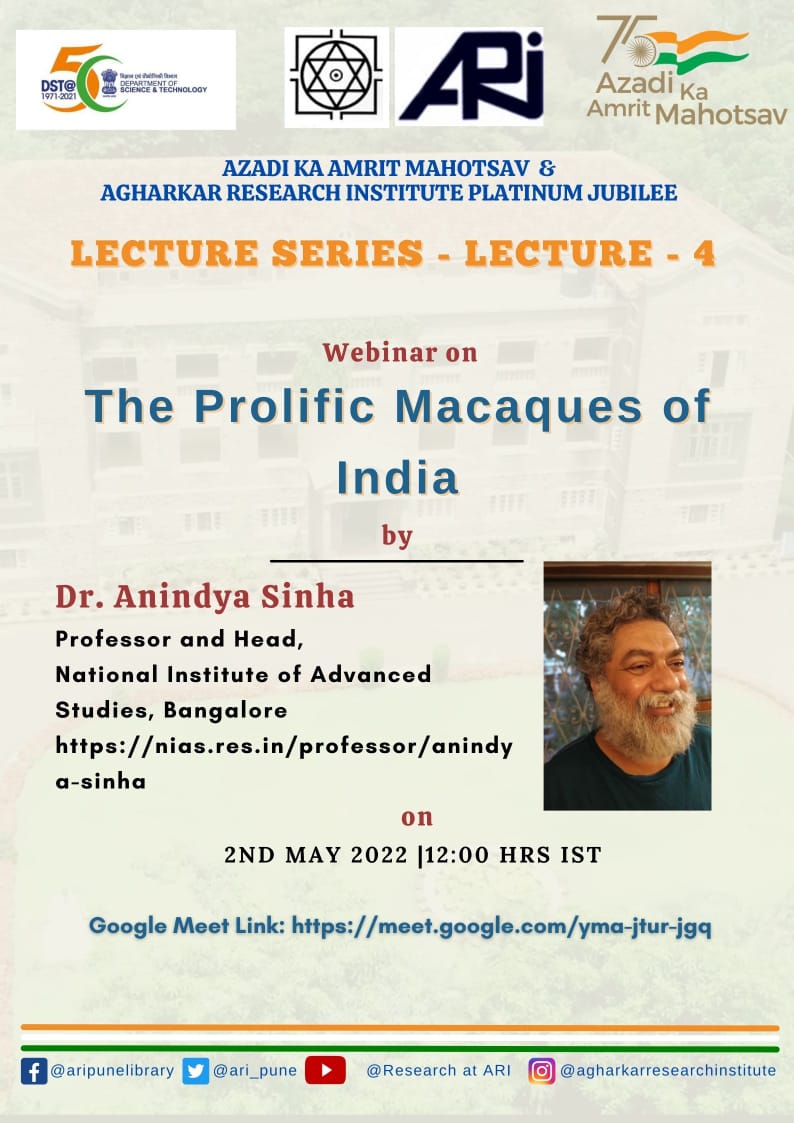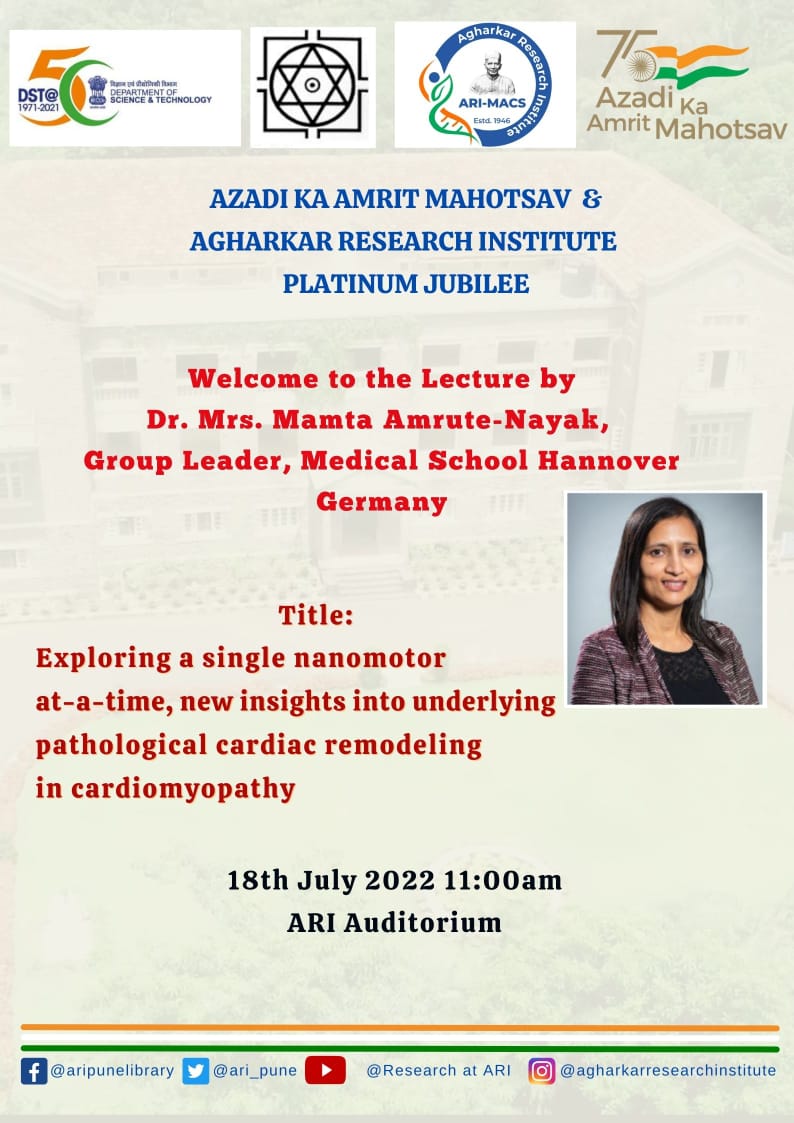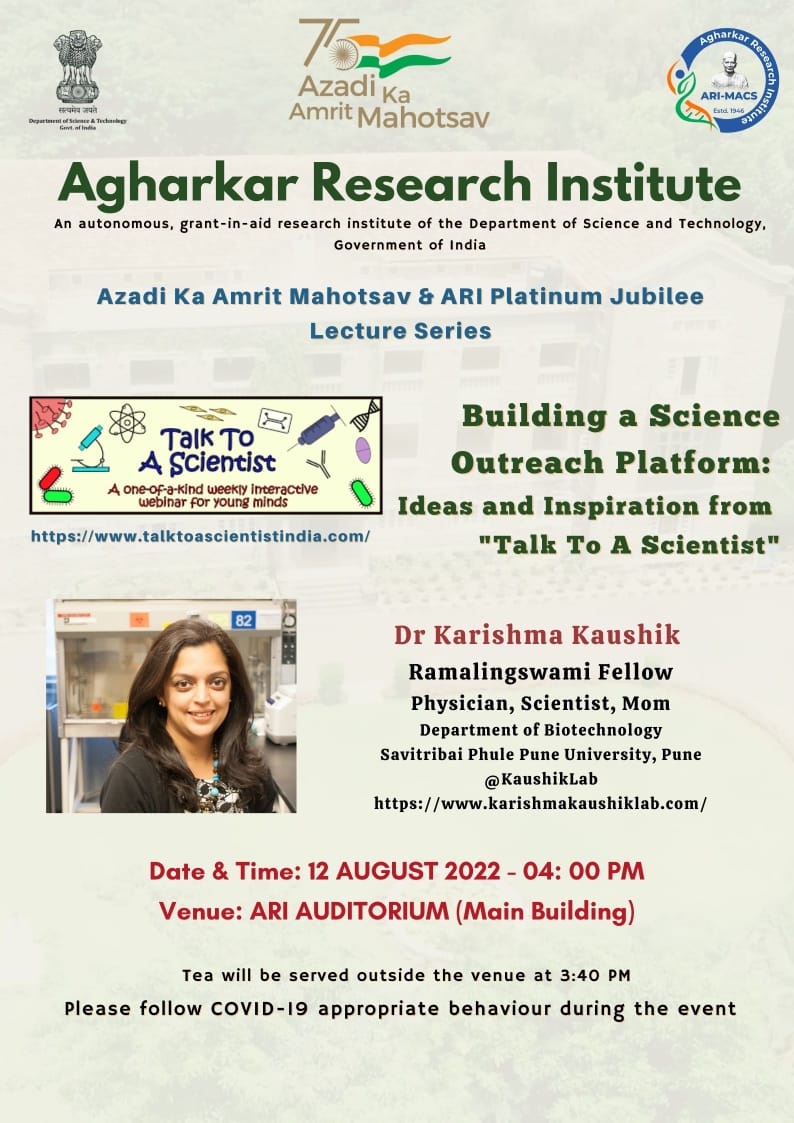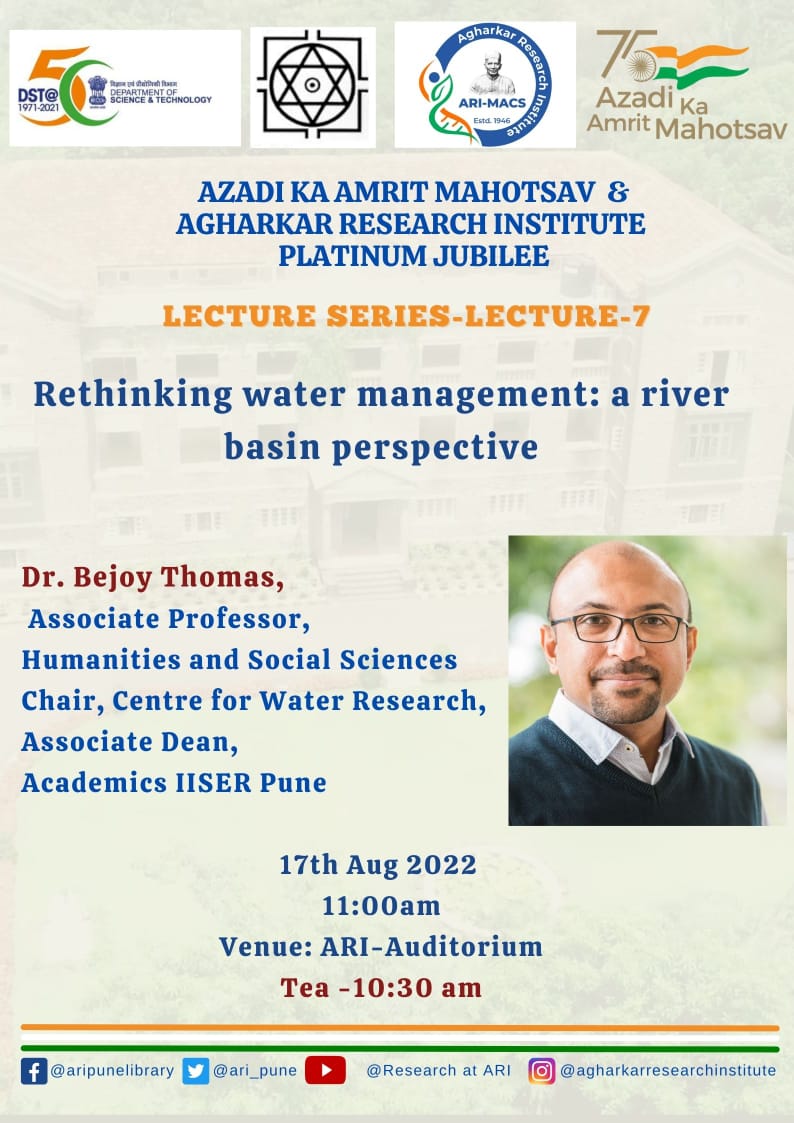
Google Scholar / Social Media
Designation : Scientist – B
Brief Background :
Ph.D.in Biochemistry. My vision is tobe a part of an organization where I am encouraged to contribute my knowledge, experience and skills as well as taking the opportunity to learnfrom others to achieve the goals of the organization.Earlier worked as a Demonstrator in the Department of Biochemistry, Govt. Medical College Kathua. Well experienced with research on isolation and characterization of compoundsfrom Medicinal plants.Acquainted with cell culture techniques against various human cancer cell lines in vitro.
Contact Details :
9697247709
-
BSc. (Biotechnology, Chemistry, English, Zoology) Govt. College for Women, University of Jammu in 2012
-
B.Ed. Govt. College of Education, University of Jammu in 2013
-
MSc. (Biochemistry) Sher-e-Kashmir University of Agricultural Sciences and Technology of Jammu, 2015
-
Ph.D. (Biochemistry) Sher-e-Kashmir University of Agricultural Sciences and Technology of Jammu, 2020
-
Ph.D. thesis title- Evaluation of some fruits from Jammu subtropics: Possible anticancer role using in vitro cytotoxicity assays.
Fellowship
Maulana Azad National Fellowship-UGC
Natural product researchpertaining to extraction, bioassay guided fractionation of extracts, isolation and further characterization of Biomolecules,Column chromatography.
Handling of cell lines for in vitro cytotoxicity assays, western blotting, Biochemical analysis.
Completed 15 months training program entitled “Basic cell culturetechnique and in vitro cytotoxicity of some medicinal plants against various humancancer cells” at CSIR-IIIM, Jammu.
Attended several National and International conferences, got Second Prize in Oral Presentation in National Conference held at Central University ofJammu, Jammu.
- Badyal, A., Sharma, V., Kour, N. Singh, S.K. 2016. Anticancer efficacy ofmethanolic extracts of some medicinal plants from Jammu region, Jammu & Kashmir,India. Indian Journal of Biochemistry & Biophysics, Vol. 53, pp. 51-56.
- Kour, N., Sharma, V., Heer, A. and Singh, S.K. 2017.Punica granatum possesses invitro cytotoxicity against lung cancer cells. International Journal of TropicalAgriculture, 35: 693-698.
- Sharma, V., Heer, A., Kour, N and Sharma, V. 2019. Karonda and Jamun seeds invitro anticancer efficacy. Indian Journal of Traditional Knowledge, 18 (3); 573-578
- Li, L., Mangali, S., Kour, N., Dasari, D., Ghatage, T., Sharma, V., Dhar, A., Bhat, A.2021. Syzygiumcumini (jamun) fruit-extracted phytochemicals exert anti-proliferativeeffect on ovarian cancer cells. Journal of Cancer Research and Therapeutics. DOI:10.4103/jcrt.JCRT_210_20
- Heer, A., Sharma, V., Kour, N., Badyal, A. and Sharma, S. 2022. Amla possessesantifungal potential against Alternaria alternata, BipolarisSpicifera and Curvularialunata. Current trends in Pharmacy and PharmaceuticalChemistry.4(3); 123-125. https://doi.org/10.18231/j.ctppc.2022.021
- Heer, A., Sharma, V., Kour, N. and Sharma, S. 2022. Terminalia Chebula possessesin vitro anticancer potential. Indian Journal of Pharmacy and Pharmacology.9(4): 242-246. https://doi.org/10.18231/j.ijpp.2022.044
- Raina, S., Sharma, V., Sheikh, Z.N., Kour, N., Singh, S.K., Zari, A., Zari, T.A.,Alharby, H.F. and Hakeem, K.R. 2022. Anticancer activity of Cordia dichotomaagainst a panel of human cancer cell lines and their phytochemical profiling via HPLCand GCMS. Molecules. 27(7); 2185. https://doi.org/10.3390/molecules27072185
- Kour, N., Qayum, A., Lone, B.A., Singh, S.K., Sharma, V. and Gupta, P. 2023. Anovel carissic acid from fruits of Carissa carandas induced apoptotic cell death in A-549 cells following the activation of caspases.Natural Product Research.1-11.https://doi.org/10.1080/14786419.2023.2232082
Book Chapters
1.Sharma, V. and Kour, N. 2018. Herbal antioxidants chemistry & medicalapplications. Jaya Publishing House. ISBN-978-93-86110-78-7 (BOOK).
2. Singh, M., Mohapatra, S., Sanskriti, Kaur, N., Mushtaq, A., Zahid, S., Pandith, A.,Mansoor, S. and Iqbal. Z. 2021. Harnessing the potential of phytochemicals for breastcancer treatment. In: Dietary Phytochemicals. A source of novel Bioactivecompounds for the treatment of obesity,
Cancer and diabetes. Chukwuebuka Egbunaand Sadia Hassan Editors. Springer. https://doi.org/10.1007/978-3-030-72999-8_12.
- Mansoor, S., Khan, N.F., Farooq, I.., Kaur, N., Manhas, S., Raina, S. and Khan, I.F.2022. Phytoremediation at molecular level. In- Book Phytoremediation. pp-65-90.Elsevier. https://doi.org/10.1016/B978-0-323-89874-4.00011-X
- Mansoor, S., Manhas, S., Rasool, A., Kaur, N. and Mir, M. 2023. Plant oxylipinsTypes and Classifications. In-Book Phyto-oxylipins. DOI. 10.12019781003316558-1
- Kaur, N., Wani, O.A., Manhas, S., Raina, S., Shabir, H., Nabi, S. U. and Mansoor, S.2023. The Role of Oxylipins in Abiotic stress resistance.In-Phyto-oxylipins.http://dx.doi.org/10.1201/9781003316558-8
6. Kour, N., Singh, J., Khera, H.K. 2023. Increasing Prevalence of Antibiotic-Resistant Genes in Wastewater: Impact on Public Health. In: Shah, M.P. (eds) Genomics of Antibiotic Resistant Bacteria in Industrial Wastewater Treatment. Springer, Cham. https://doi.org/10.1007/978-3-031-44618-4_5


